“Possession is nine tenths of the law” used to say my honorable teacher at university. Years later, I came across this exceptional book, Overcoming Jealousy, the best one I have read on the prominent urge to possess and the displays of jealousy in us humans. Thoroughly illuminating this hidden emotion, it renders it both accessible and palpable while showing efficient ways to deal with it through examples drawn from real life. An intricate emotion which we do not want to attribute to ourselves, and prefer to not talk about to avoid kindling the feelings of shame, distress, and sorrow. …
Category: Psychology
“When you die, you actually know you are dead because your consciousness continues to exist …” says Sam Parnia, director of the first critical care and resuscitation research lab in the world at New York’s NYU Langone Medical Center. Known with his AWARE research, his lab has been studying hundreds of people who had Near-Death Experience (NDE) – who were clinically dead but were brought back to life by resuscitation after a cardiac arrest. The time lapse in-between actual death and coming back to life varied in each case from a few seconds to more than 20 minutes . …
A most asked question in the history of humanity is “What is the meaning of life? What are we doing here?” For some, the meaning is finding food and shelter, for others it is success in work or a happy settlement, and for another, it is living on the impulse –seeking pleasure whatever that signifies individually (for example, going across town for the chocolate that I particularly like instead of finishing an important job for me and others, or perpetual travelling for somebody else who otherwise becomes restless and meaningless at home, seeking to supplant meaning by buying another house …
One of the most read mystical poets Rumi (1207-1273), recounts in his seminal Mathnawi that at the time King Solomon was building his temple following the divine order, medicinal plants sprouted one after the other in the courtyards of the temple. Endowed with the gift of speaking the language of animals, plants, and other creatures in nature, King Solomon would ask the emerging sprouts : Tell me your name, what you heal, which medicine are you? whom you hurt, and whom you cure Plants would speak up and count their remedies and harms, if any. It is cited in …
We may all be familiar with the butterflies flying in our stomach when we are head over heels in love. The heart beats faster, the autonomous nervous system signals excitement and increases oxygen to our muscles, the neuroendocrine system is boosted up; being elevated from head to toe, the body feels lighter and on an instant we can take flight. This is how neuroscientists describe the state of “limbic love.” Emotions are activated in the limbic system of the brain and they coordinate our behavior and physiological states even though we are not always consciously aware of them. The …
“To live among today’s society and to influence others instead of being influenced by them —now that’s a feat !” -Ostad Elahi In his pioneering book Public Opinion, Walter Lippmann (1889-1974) examines our susceptibility to outside manipulation, and tendency for self-deception. Our minds or mental spaces are lured by the media and the social influences of our milieu, which define our choices, snatch our attention and shift our values. Content management, artificial intelligence, and neuroscience all intervene with how we perceive, think, and make decisions; they blur our comprehension of the truth and ultimately influence who we really are. We …
The patron saint of ecology, Francis d’Assisi’s love of nature, and new ways of living together set forth by the eminent neuropsychiatrist Boris Cyrulnik Living in times of an unstoppable disease pervading the earth, it has become imperative to peruse our fragile relation with nature, and to “collectively revive our old values” says the eminent neuropsychiatrist Boris Cyrulnik : Crises are very common in the human condition. We have already known many epidemics which have forced cultural revolutions… With each epidemic, or natural disaster, there has been a cultural change. After the trauma, we are forced to discover new …
“We are obliged to change and rethink the whole civilization,” says Boris Cyrulnik, the eminent neuropsychiatrist known for his work on resilience and trauma. Our culture has lost the compass, we navigate by sight, jostled by events […] We must take a new direction because we have just understood that man is not above nature, he is in nature. Physically, psychologically and spiritually we are much more sculpted than we think by our natural space. He focuses on healing the soul in his latest book, Souls and Seasons, and marks “psychological ecology” as the crucial component of the remedy …
“We are routine beings, and arguably even more so at this time. And this is normal, although our brain likes to be surprised, it needs routine to avoid overheating, ” states Valentin Wyart, the acclaimed neuroscientist of École Normale Supérieure of France. Even more so nowadays, the routine allows us to structure ourselves when we have just spent a highly unstructured year with difficulties in planning. He affirms the restorative quality of routine in one’s daily life : These routines that we put in place allow at least the projection in the very short term: knowing what we are going …
“How easy to become learned, how difficult to become truly human.” Ostad Elahi, thinker, judge, and remarkable musician of the 20th century, having spent his lifetime studying the essence and core principles of religions and the universal sayings of the wise and the sages, he conveys the quintessence of all religions : The religions differ only in their secondary aspects; otherwise, their fundamental objective and principles are the same. What is so particular about his thought is that he did not contend with the theoretical perspective of matters which he studied so meticulously. Instead, he experimented the …



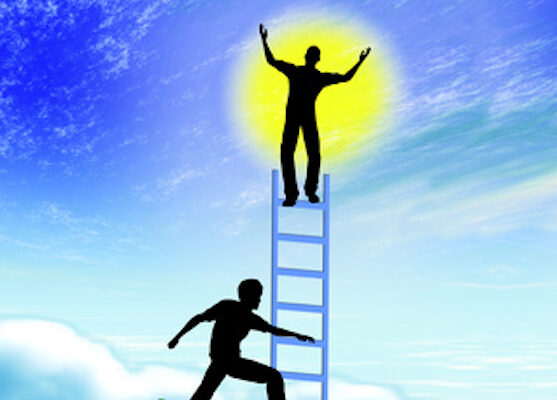
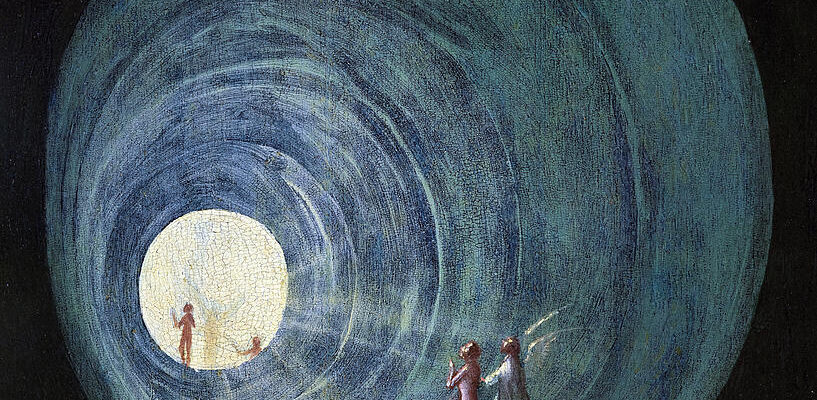


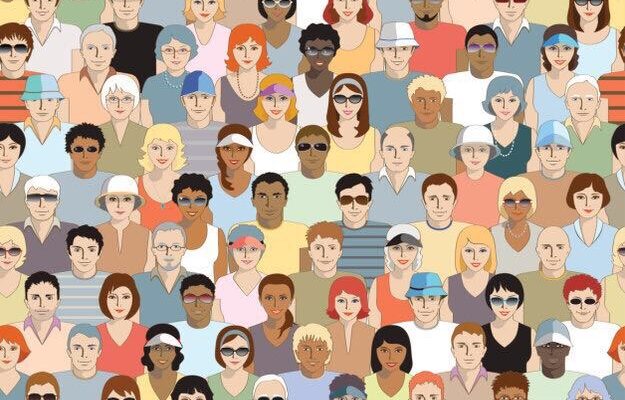
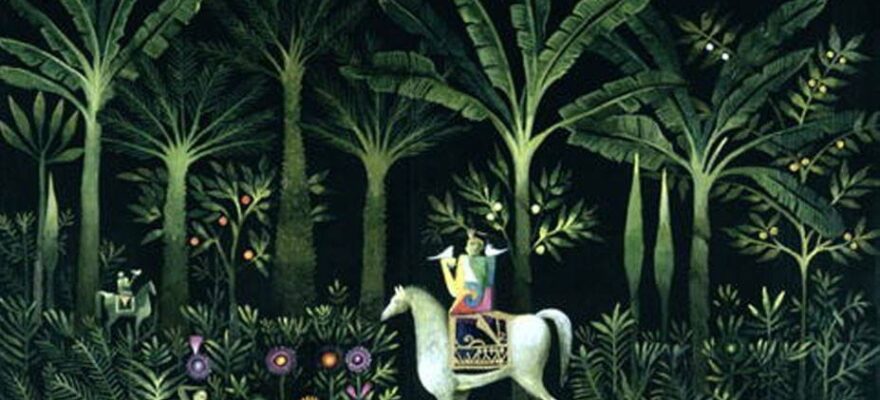
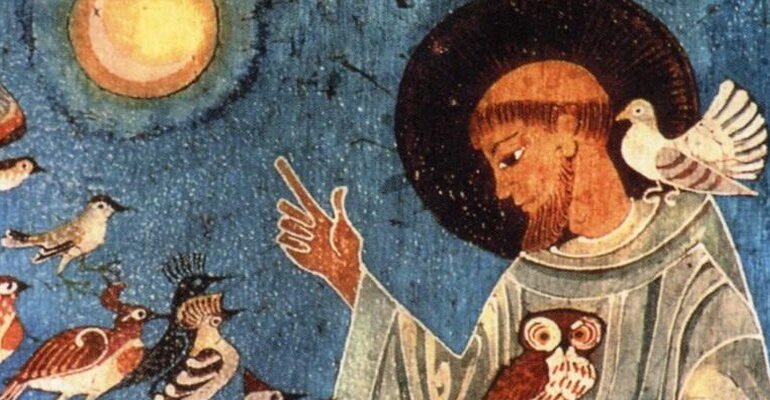
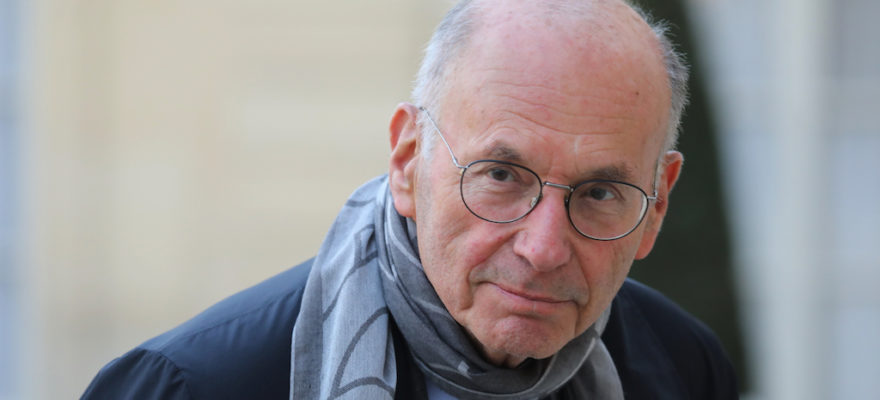

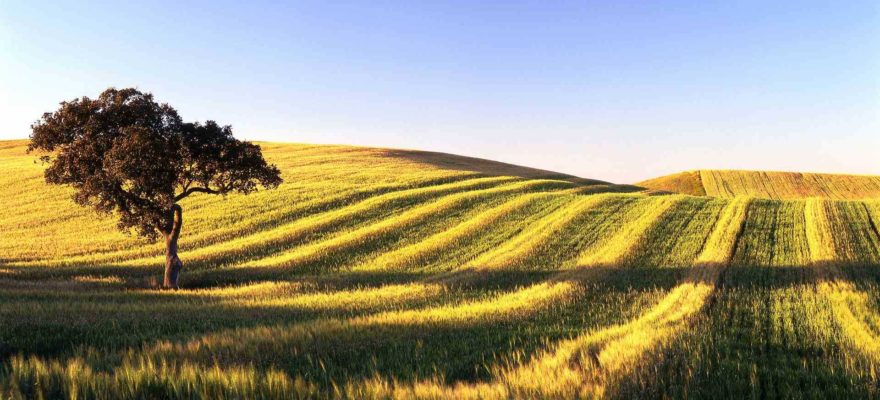





Social Profiles